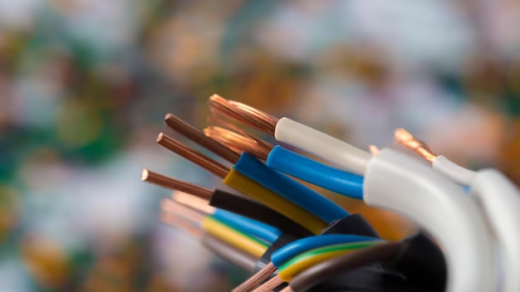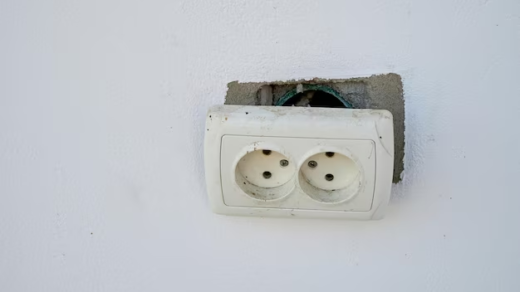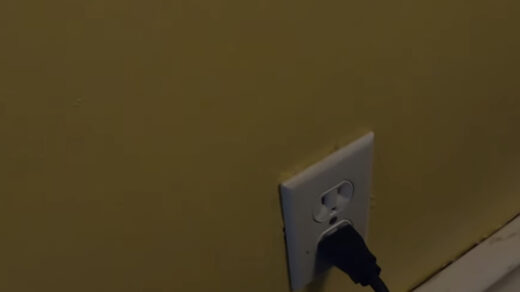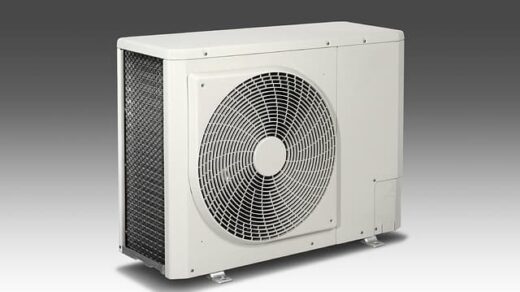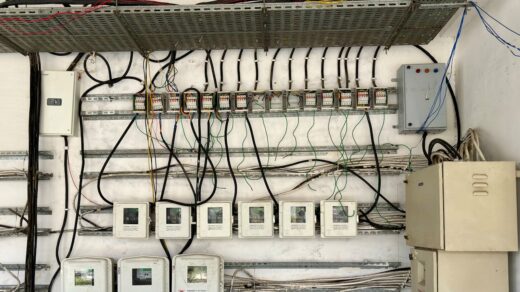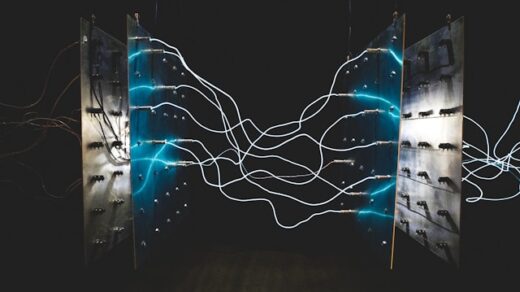Pests like rodents and insects may seem like a minor nuisance, but their presence in your home can lead to serious electrical problems. Chewed wires, nests in electrical panels, and moisture from pest activity can cause dangerous issues, including power outages and fire hazards. Understanding how pests impact your electrical system and taking proactive steps to prevent damage is essential for keeping your home safe and functional.
How Pests Can Damage Your Electrical System
Pests such as rodents, insects, and even birds can wreak havoc on your home’s electrical system. Rodents are notorious for chewing on wires, stripping away insulation, and exposing the conductive core. This not only disrupts power flow but also increases the risk of short circuits and electrical fires. Insects, like ants and cockroaches, often nest inside outlets, junction boxes, or electrical panels, creating blockages and sometimes causing moisture-related damage. Termites can also pose an indirect threat by damaging wooden structures that support electrical installations.
These issues are often hidden within walls, crawlspaces, or attics, making them difficult to detect. Over time, even small damages can escalate, resulting in costly repairs or dangerous situations. Recognizing the potential for harm is the first step toward protecting your home’s electrical infrastructure from these uninvited guests.
Signs of Electrical Issues Caused by Pests
Detecting pest-related electrical damage early can save you from costly repairs and potential safety hazards. Common signs include flickering or dimming lights, which may indicate chewed wiring disrupting the electrical flow. Burning smells near outlets or switches often signal overheating caused by exposed wires. Scorched or visibly damaged outlets are another red flag, as are frequently tripped breakers or circuits that seem to malfunction without reason.
If you notice any of these warning signs, it’s crucial to act quickly. Hidden pest activity can escalate, leading to severe damage over time. Partnering with experts, such as the best pest control Vancouver, can help address the root cause of the infestation while protecting your home from further harm. Regular pest control combined with professional electrical inspections is your best defense against these hidden dangers.
Risks Associated with Rodent Damage to Electrical Wiring
Rodents, such as mice and rats, pose significant risks to your electrical system due to their habit of gnawing on wires. This behaviour strips the protective insulation, exposing the conductive core and creating a high risk of electrical short circuits. A single exposed wire can spark, leading to devastating electrical fires that put your home and family in danger.
Beyond fire hazards, damaged wiring also increases the likelihood of power outages and inconsistent electrical performance. Flickering lights, malfunctioning outlets, and unexplained breaker trips are common symptoms. Attempting to repair these issues without professional help can lead to accidental electrocution, especially if the damage isn’t fully assessed.
Moreover, extensive wiring damage often requires costly repairs or rewiring, which can be an unexpected financial burden. Preventing rodent infestations and addressing damage promptly with the help of pest control and licensed electricians is critical to avoiding these risks.
How to Protect Your Home from Pest-Related Electrical Issues
Preventing pest-related electrical issues begins with safeguarding your home from infestations. Start by sealing cracks, holes, and other entry points in walls, doors, and windows to block access for rodents and insects. Regularly inspect areas like attics, basements, and crawlspaces where pests are likely to nest.
Scheduling routine pest control services is another crucial step. Professional pest control not only eliminates existing pests but also implements preventative measures to keep them from returning.
In addition to pest control, focus on protecting your electrical system. Use tamper-proof electrical boxes and conduits to shield wiring from potential chewing or nesting. Consider installing ultrasonic pest repellents near vulnerable areas to deter intruders.
Finally, have your electrical system inspected periodically by a licensed electrician. They can identify early signs of damage and recommend solutions to prevent small issues from turning into costly or dangerous problems. Prevention is key to a pest-free and electrically safe home.
Conclusion
Pests may seem harmless, but their impact on your home’s electrical system can lead to costly repairs, safety hazards, and major disruptions. From rodents chewing on wires to insects nesting in outlets, the damage often occurs out of sight until it becomes a serious issue. By recognizing the signs of pest-related electrical problems and taking preventative measures, you can protect your home and loved ones. Regular pest control and professional electrical inspections are essential for long-term safety. For expert advice and reliable service, reach out to trusted professionals who can keep your home pest-free and electrically sound.

